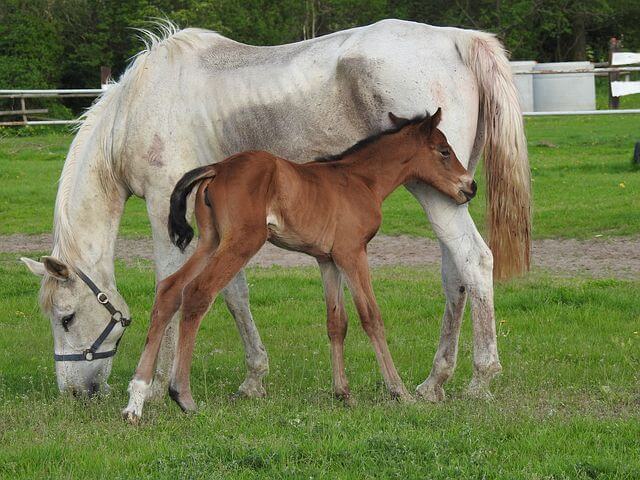It might be surprising to you, but Virginia ranks number twelve in the nation for their equine population. Virginia has a rich and vibrant history of horse farms and Thoroughbreds as we know it were first introduced in the state to the rest of the nation. With about 215,000 equines in Virginia, the most popular breed you’ll find is the Quarter Horse, but it’s followed closely by the racing favorite, the Thoroughbreds.
Equine History in Virginia
I briefly mentioned above, but the first thoroughbred, a 21-year British successful racehorse was imported to Virginia in 1730. After this first horse came through, many, many more followed in the years to come. From there the thoroughbred lines in the nation start to flourish with new blood coming in here and there. Fabulous horses are commonplace at the time as the number of historical figures that own them grow their farms larger. However, one of the most well-known horses to come out of Virginia is the world renown Secretariat, the 1973 Triple Crown winner with his famously large heart which may have come in handy for racing.
Born and Bred 100%, Virginian Horse Breeds
Yes, there are two breeds that hail out of Virginia!
With a little under 100 registered, the small, gaited riding horse called the Virginian Highlander reminds people of a large pony. This breed is known for its stability, stamina, and temperament. This horse is perfect for inexperienced riders especially for the small ones, for its gentle nature and smooth gate. The horse is attractive, friendly, and powerful.
The second and more famous Virginian horse breed is the Chincoteague Pony which draws crowds to the islands of Chincoteague and Assateague. While much is unknown of their breeding as the date of their arrival is not known as well as what type of horses they came from. While they are rounded-bellied, short and stocky they are still genetically considered horses as their stature is due to the scarcity of resources available to them historically. While there is an annual Pony Penning, during the year the herds are managed by the Fire Company on Chincoteague as they are still wild.
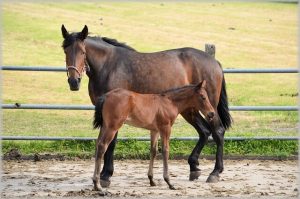 The Future in Virginia Horse Farms
The Future in Virginia Horse Farms
Virginia still has a lush landscape of horse owners and equine enthusiasts. Horse races are still commonplace throughout the spring and summer in Virginia. Races range from Charlottesville’s bi-annual steeplechase, called the Foxfield Races held in April and October, to the newly returned this summer, Thoroughbred racing at Colonial Downs.
While few are work animals, horses offer a popular retreat into the wilderness that surrounds the Blue Ridge Mountains, if you find the right area to trail ride. With over half the horse population is ridden for pleasure, it’s easy to see why they are so popular in the region. Investing in the upkeep of horses, while expensive can offer such a getaway from everyday life. Virginia has come a long way with regards to its horses, and the breeds available, it’s going to be interesting to see what’s next for the large, hardworking, beautiful animals.
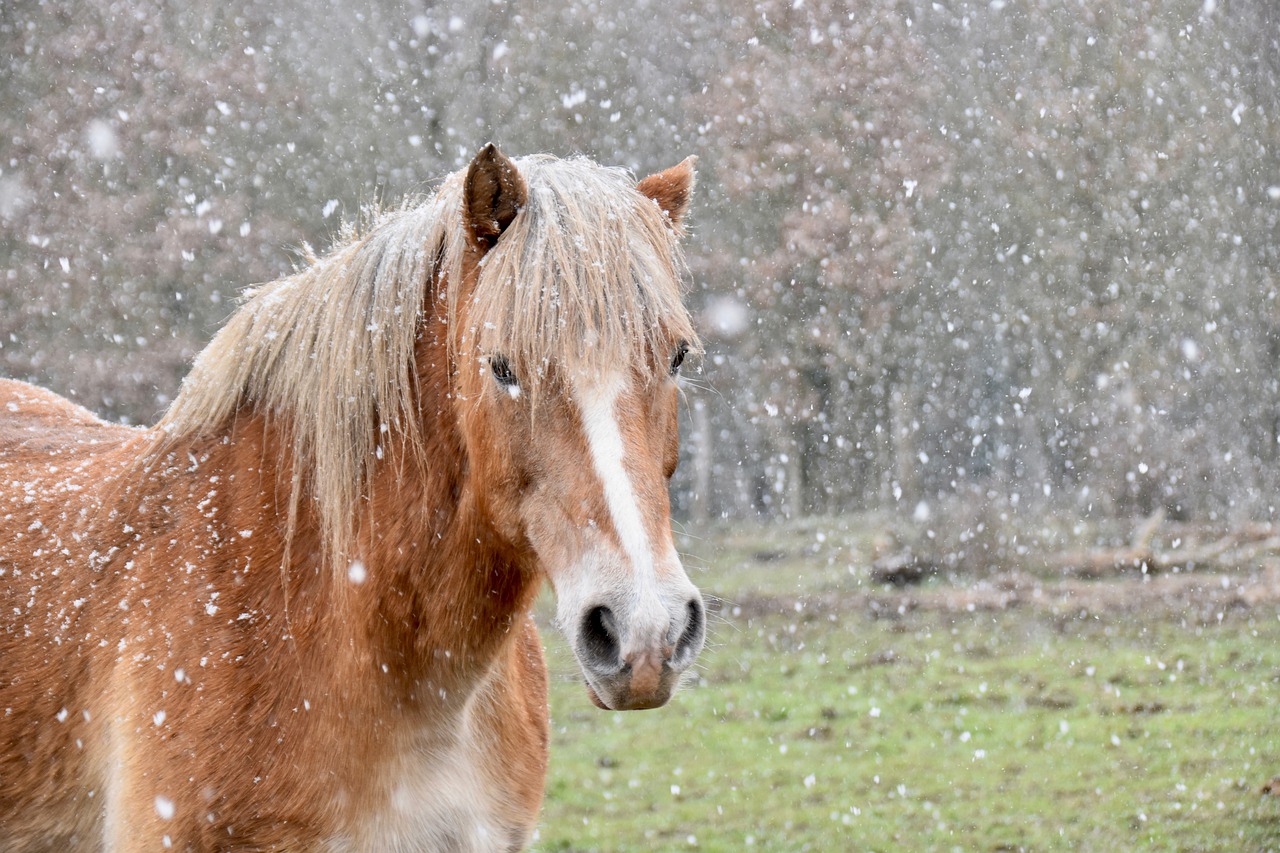
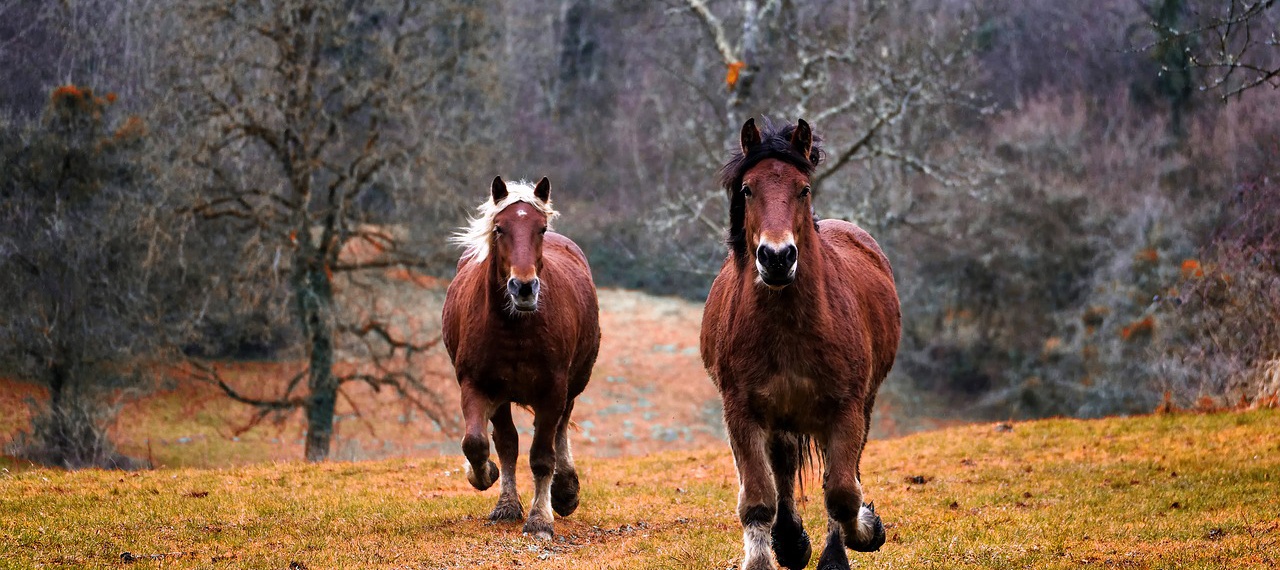
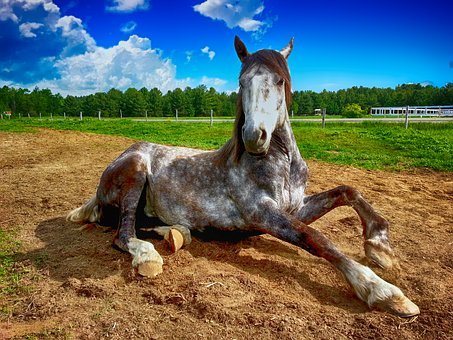

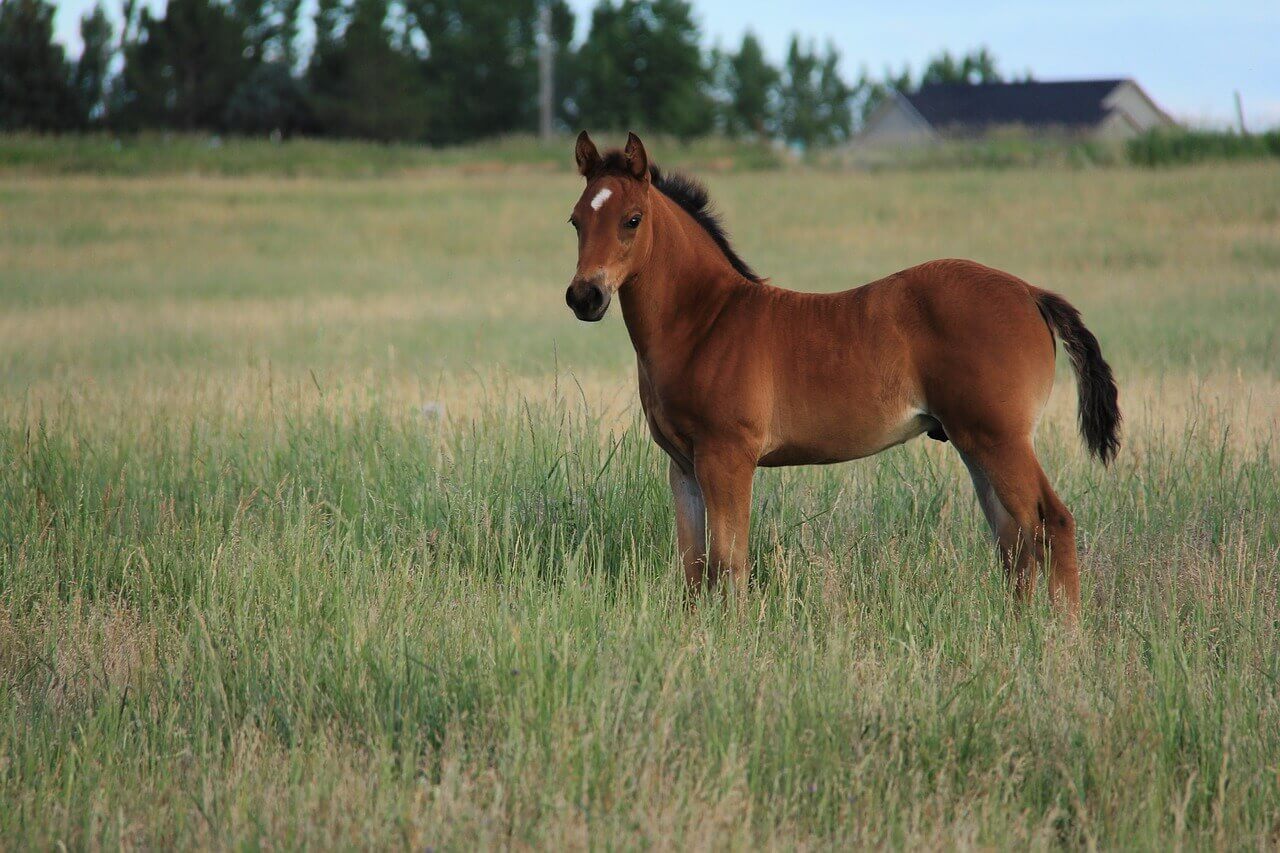
 The Future in Virginia Horse Farms
The Future in Virginia Horse Farms